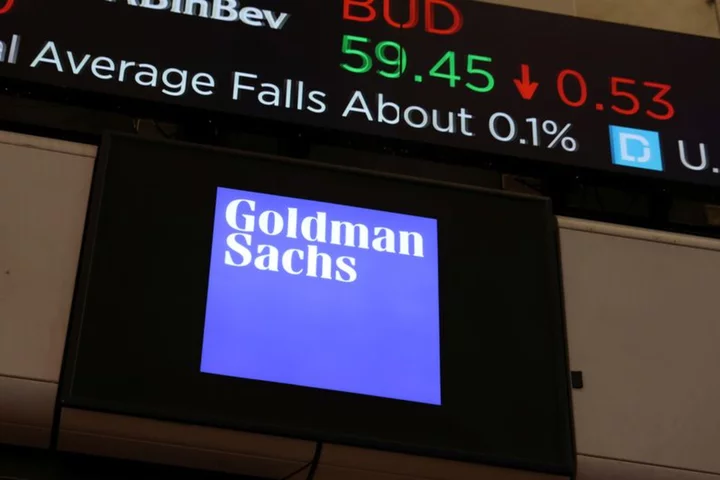By Chiara Elisei
LONDON Corporate distress among small and medium-sized enterprises (SMEs) hit its highest since mid-2020 in the three months to May in Britain and Europe, as credit conditions tightened, an index compiled by law firm Weil Gotschal and Manges showed on Thursday.
SMEs are struggling the most as higher interest rates squeeze liquidity.
“It should come as no surprise that smaller corporates are the first to feel the strain," said Andrew Wilkinson, co-head of Weil’s London Restructuring practice.
"Whereas large companies have the scale to access deep pools of capital, diversify their funding and hedge exposures, smaller corporates have fewer options. They also lack the pricing power of larger corporates in an inflationary environment."
The study's broader corporate distress index that covers also large companies eased slightly from February.
The report's definition of corporate distress includes uncertainty about corporate financial health and ability to service debts.
Britain was the most distressed country, squeezed between stubbornly high inflation and aggressive rates hikes, hitting a 4.8 distressed level versus an average 3.9 for the overall index.
Corporate distress also rose significantly in France, reaching its highest since August 2020.
On April 29, Fitch downgraded France’s sovereign credit rating to AA-, citing among other things concerns around its fiscal deficit.
Sector-wise, real estate, unsurprisingly, was the most distressed for the second consecutive three-month period, but distress in the financial sector was also a cause for worry.
"The cracks are continuing to emerge in the real estate market, both from a commercial and residential perspective [and]recent bank failures have added to fears that credit will become less available and more expensive," said Neil Devaney, co-head of Weil’s London Restructuring practice.
"This, coupled with a sharp fall in property prices and structural changes arising from the pandemic, has been causing headaches for corporates," he said. "We’re also seeing certain markets facing further pressures – such as in the UK, where mortgage rates have soared.”
The study, which aggregates data from more than 3,750 listed companies and financial market indicators, is tracked against default rates and shows a roughly 12 month-lag before distressed levels translate into actual default rates.
S&P expects default rates for European sub-investment grade companies to rise to 3.6% in March 2024 from 2.8% this March.
(Reporting by Chiara Elisei; Editing by Amanda Cooper and Jane Merriman)









